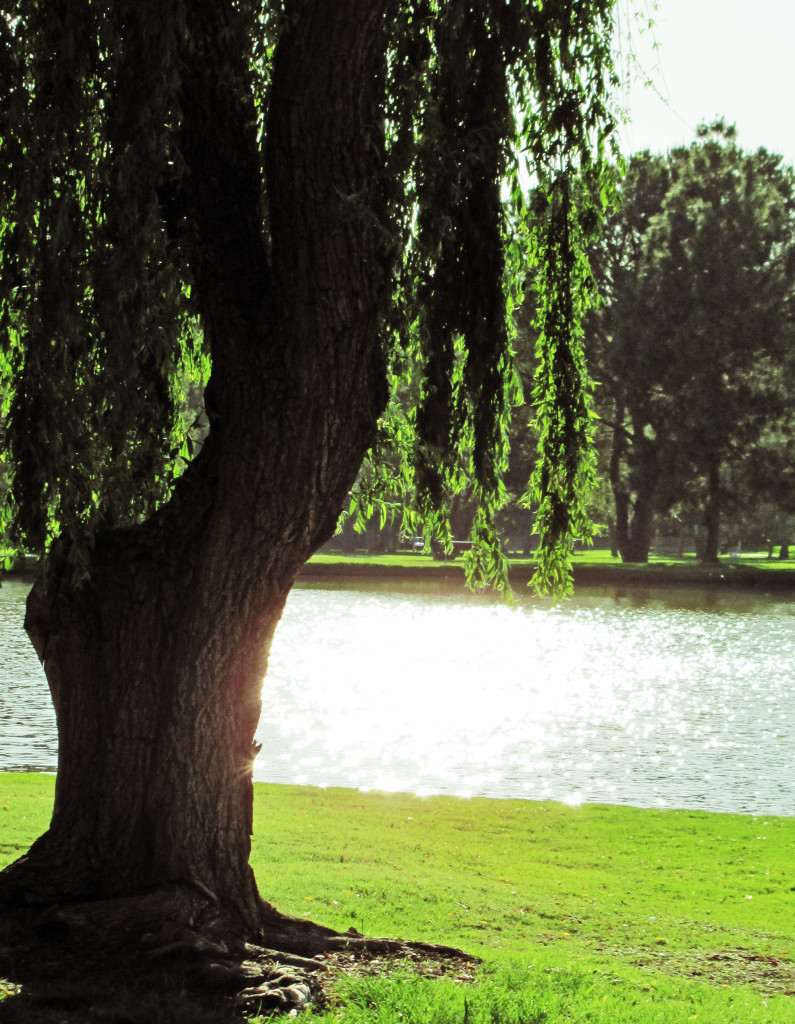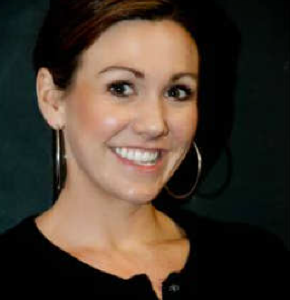Have you noticed that we often use the analogy of weather to describe our lives? We talk about rainy days, weathering storms, and the sun shining down on us. Most often we describe clear skies as the best weather to have in our lives, wishing to avoid the clouds altogether. After weathering some storms in my own life, and living with some clouds that won’t seem to go away, I have come to realize that the clouds actually make life more beautiful.
Think about a sunrise or a sunset that you may have seen recently. Have you ever noticed that clouds are what make a sunset so much more beautiful? The sun setting on a clear horizon is nothing compared to when the streaks of clouds transform its light into so many beautiful shades. I don’t think I have ever taken a picture of a sunset in a cloudless sky. Yet I have gone to great lengths to capture images of sunsets made beautiful by the array of colors reflecting off of all kinds of cloud formations. Even the first image you see on this website is that of a disappearing sun in a cloud-filled sky.
You could describe this analogy of a sunset in a lot of different ways. The sun might represent the source of light and life, or perhaps your soul or source of being. And if the sky is the canvas of your life story, don’t we need some clouds in there to better reflect the light? As much as we hate to encounter those clouds—trials and painful experiences—isn’t it precisely those difficulties which reveal the truer colors of ourselves, developing who we are as individuals? Continue reading






